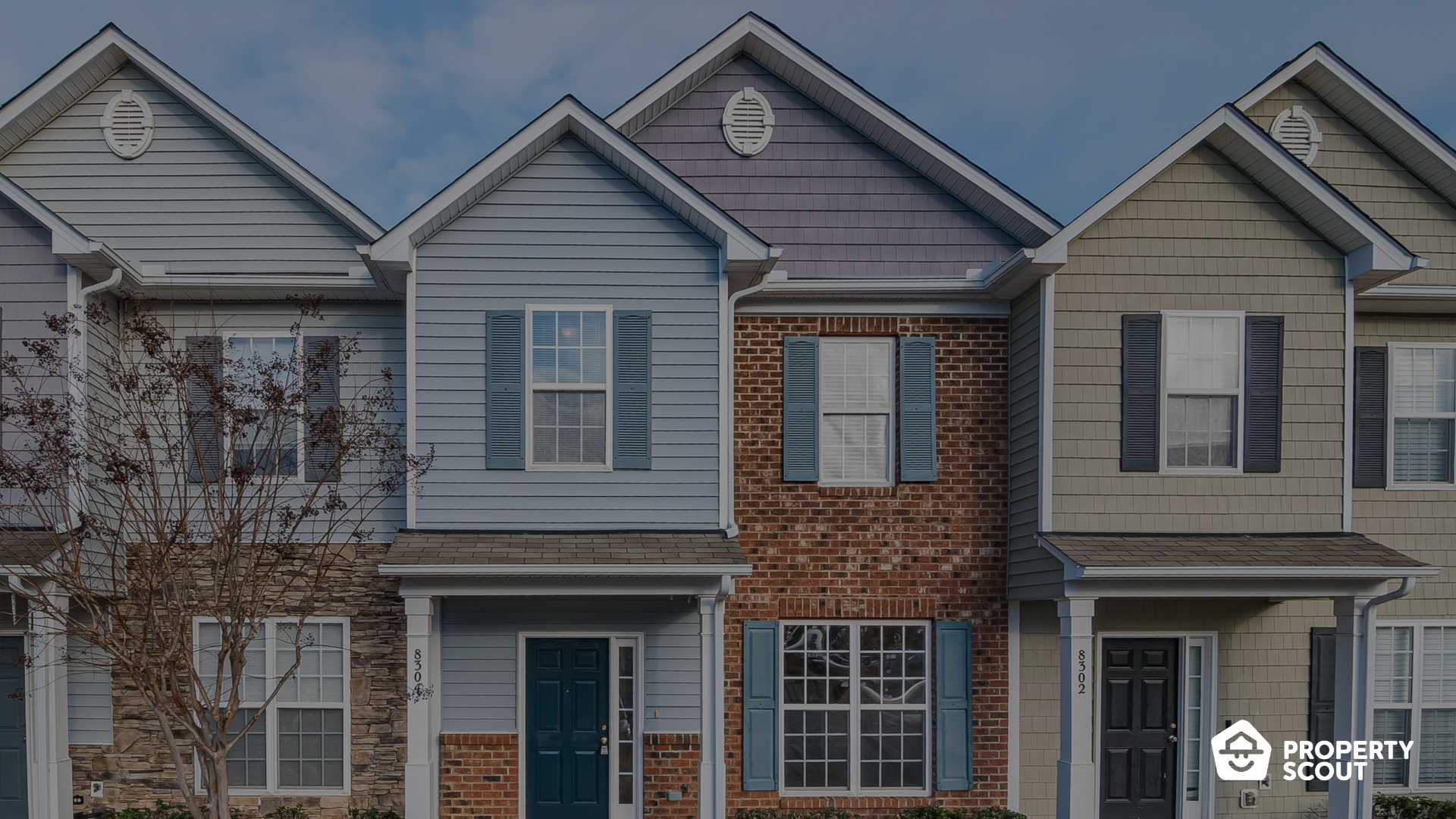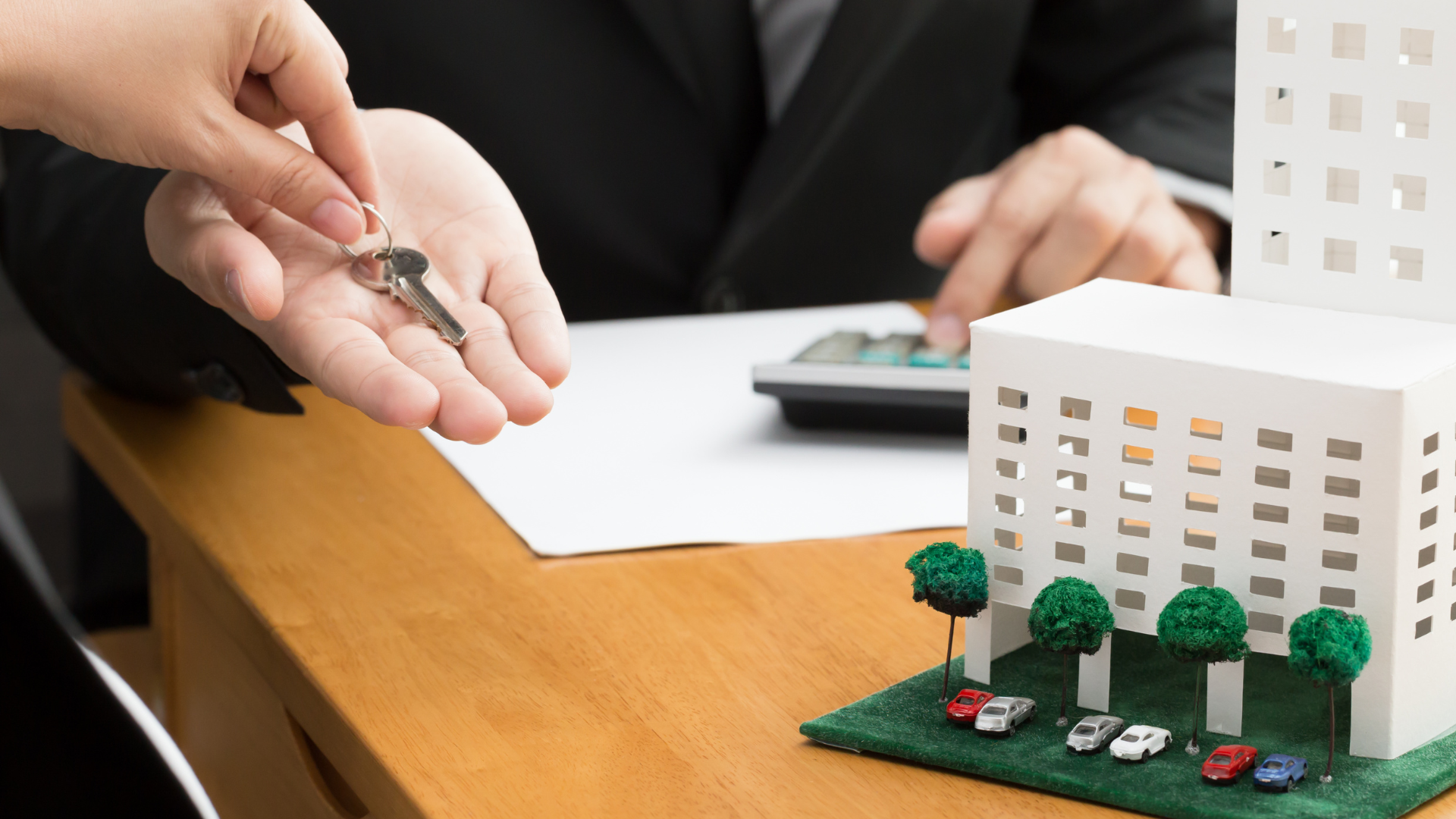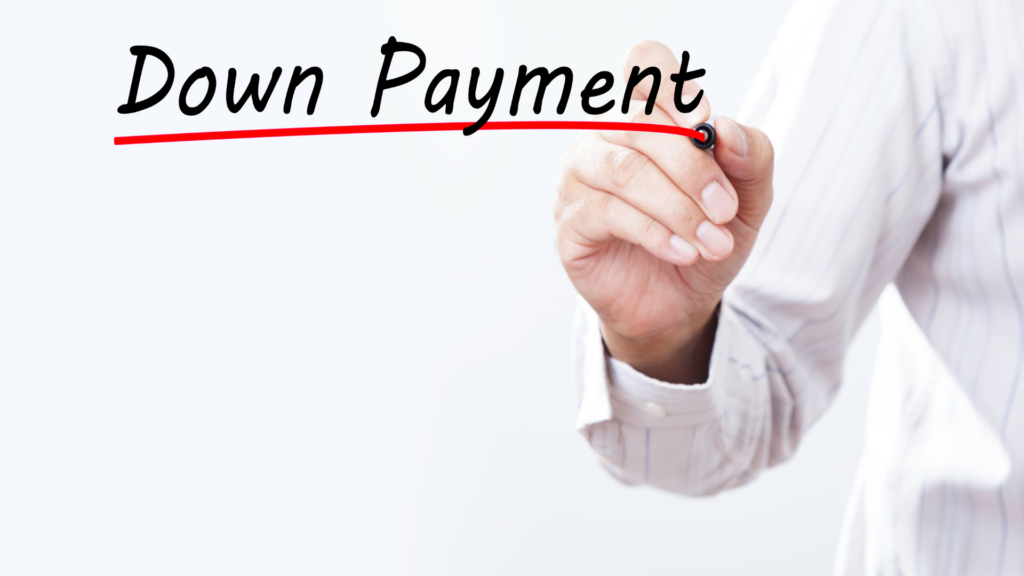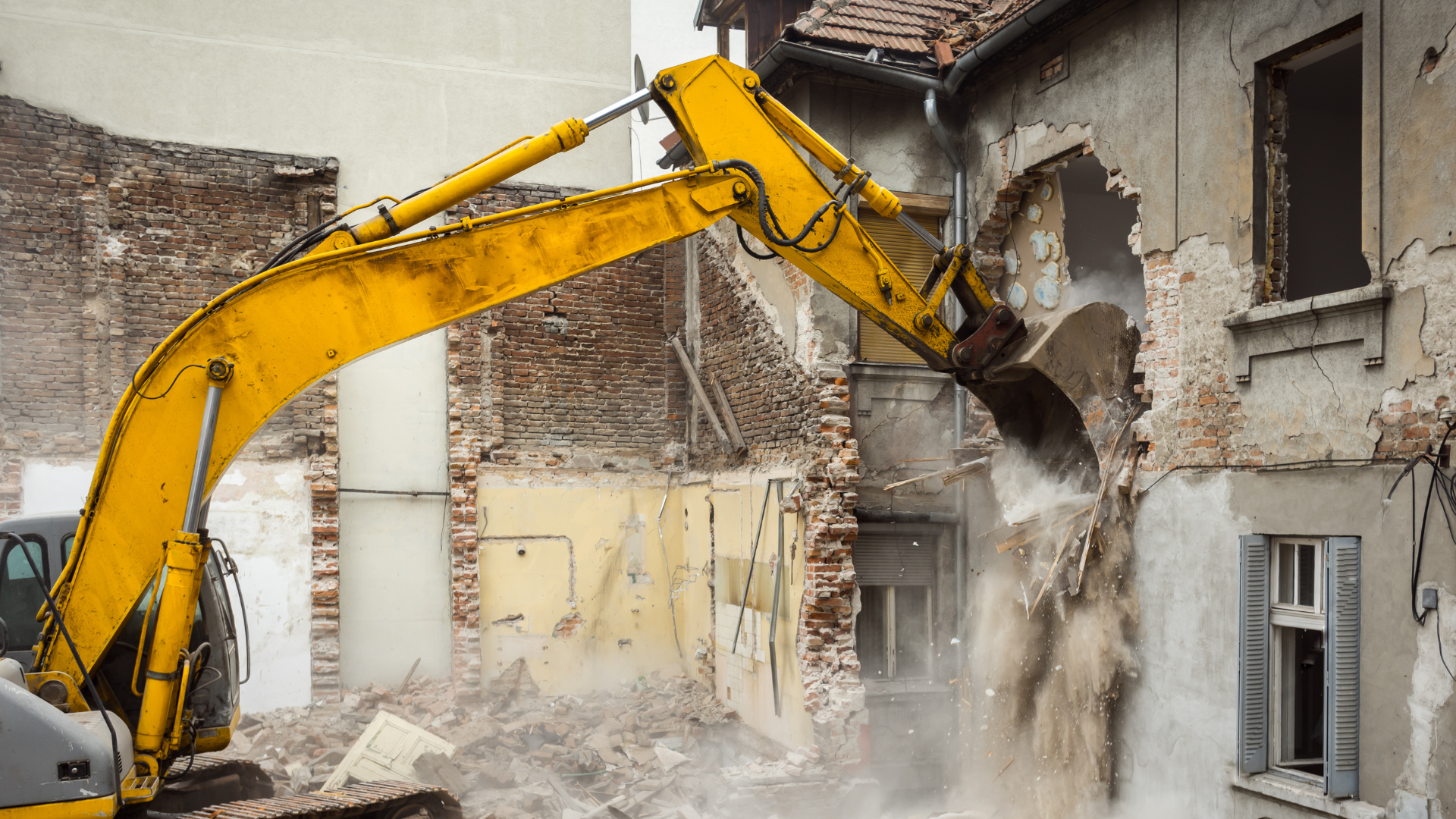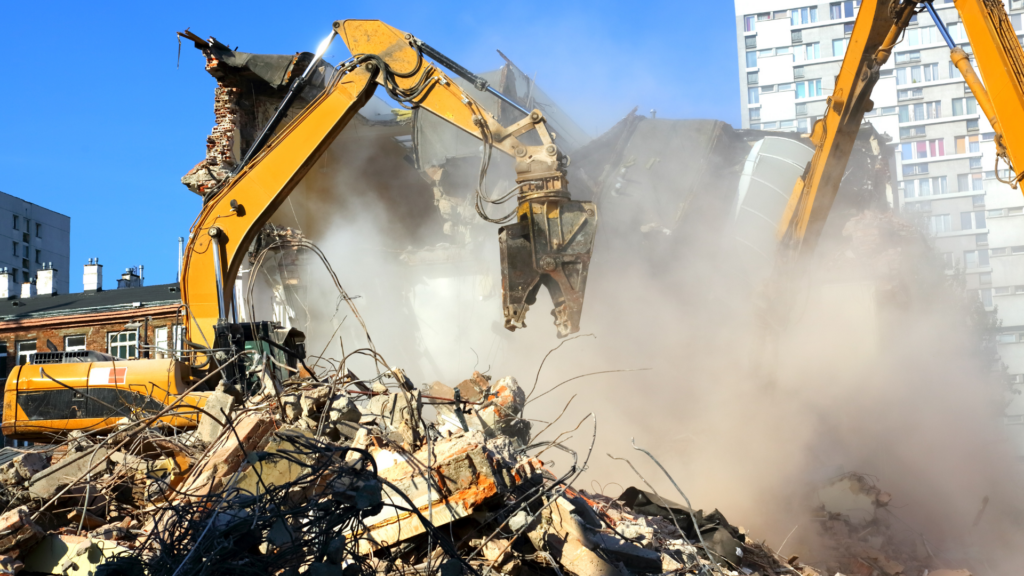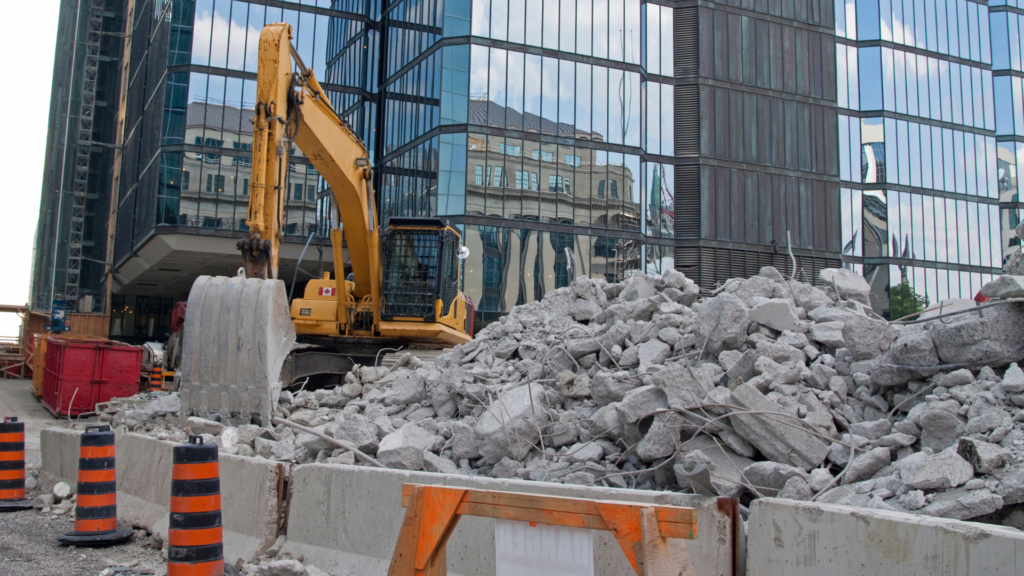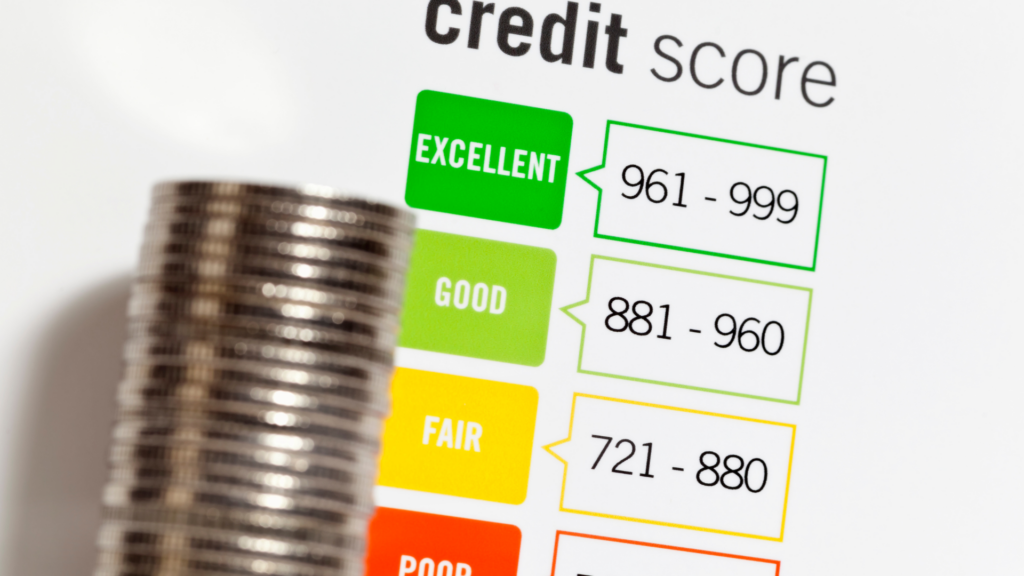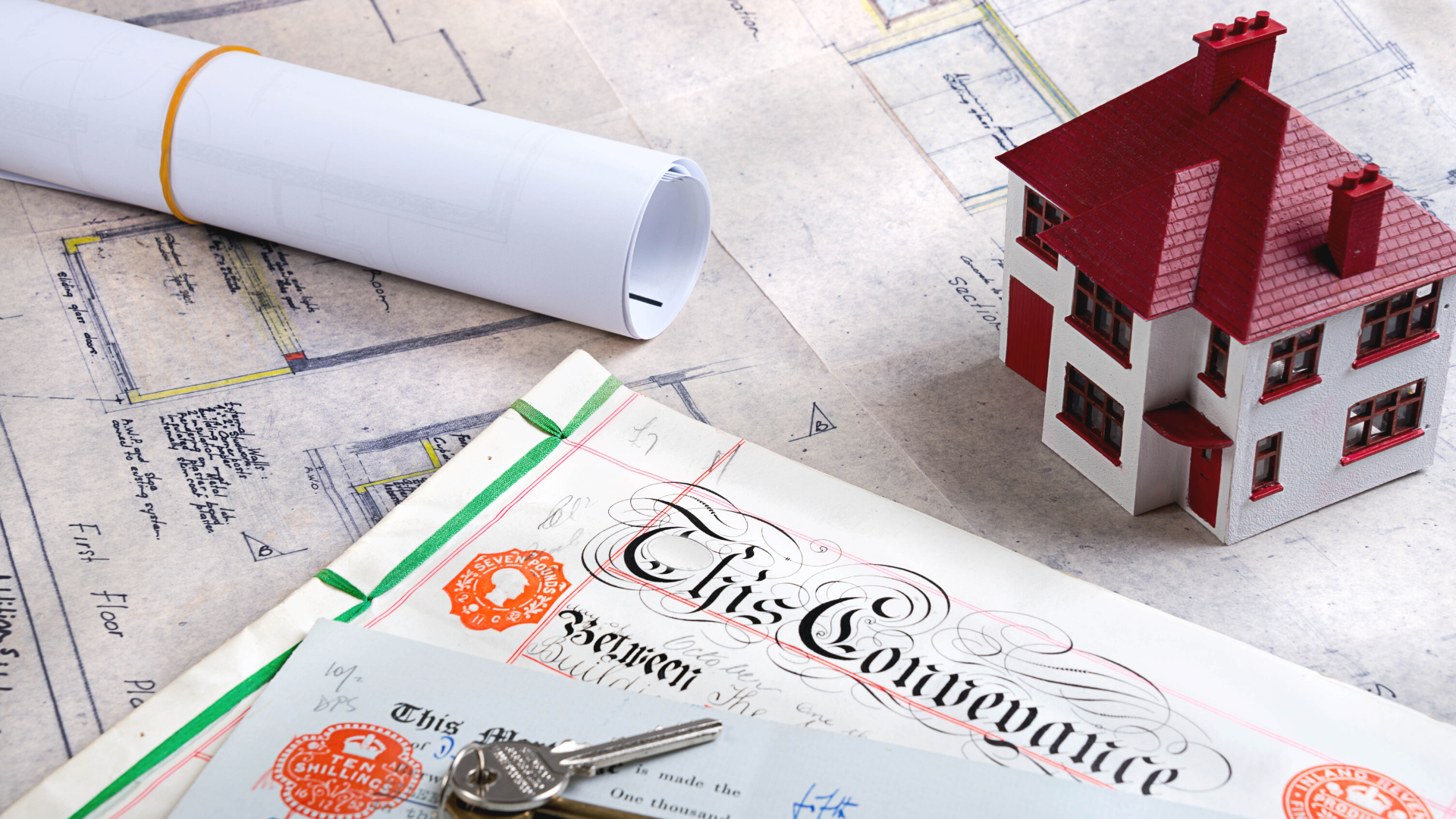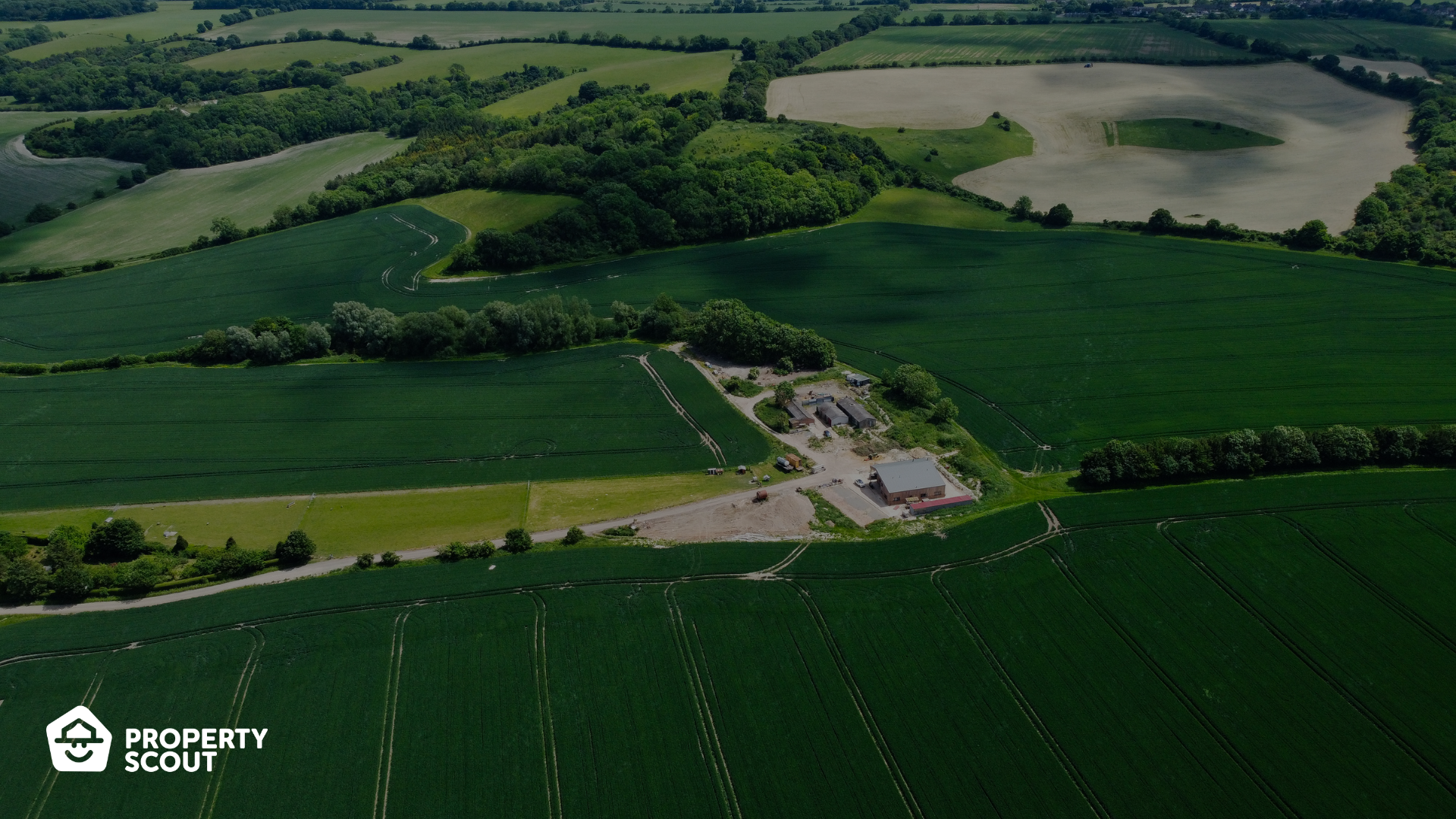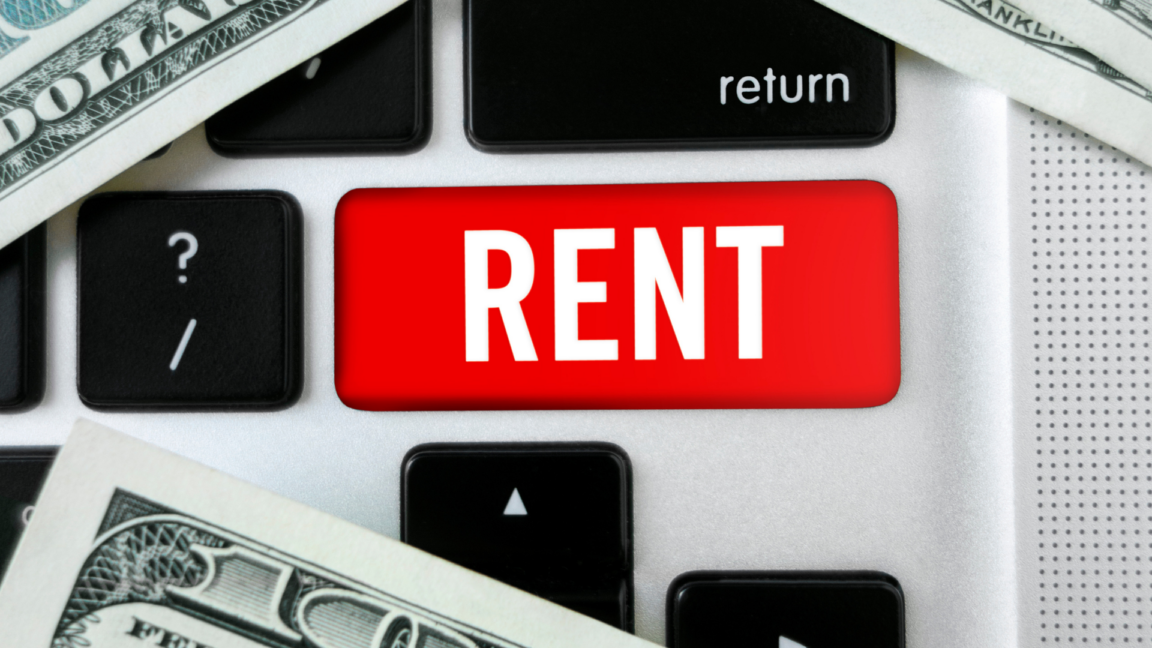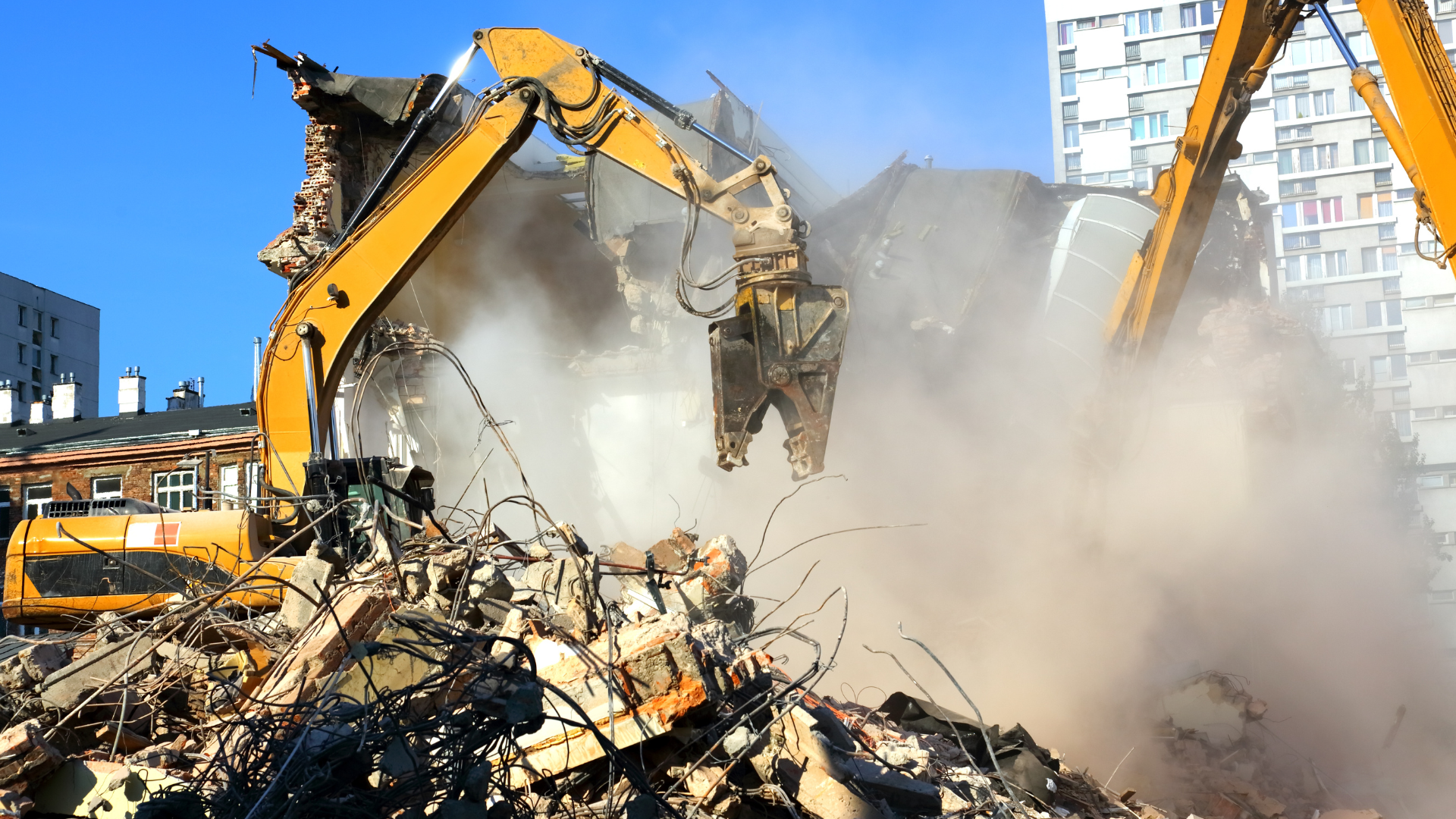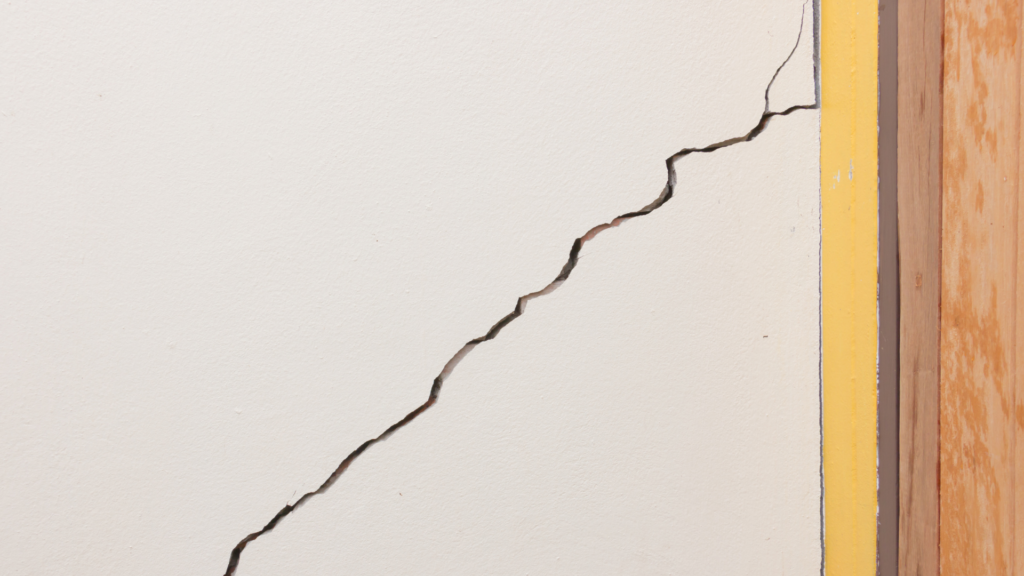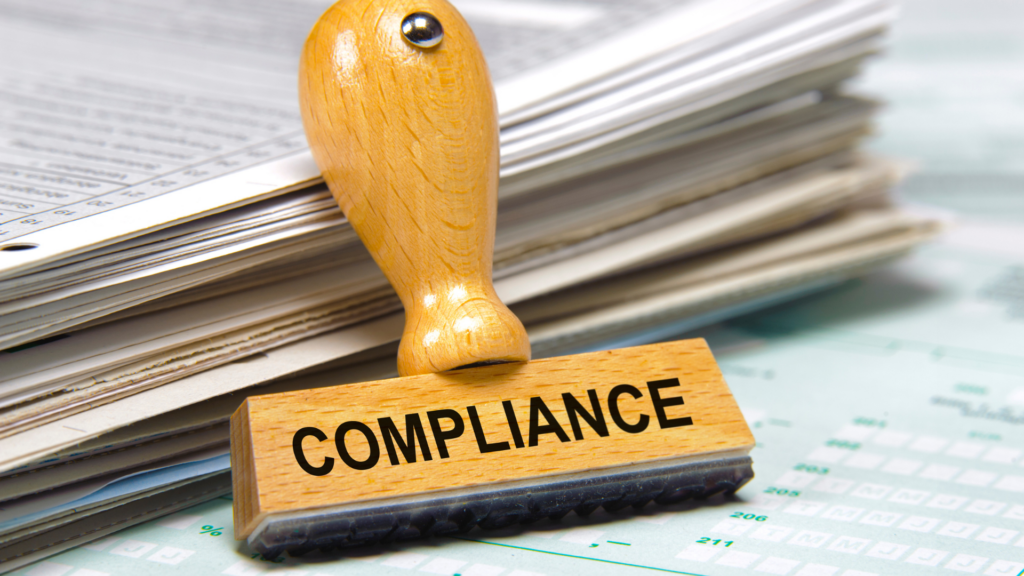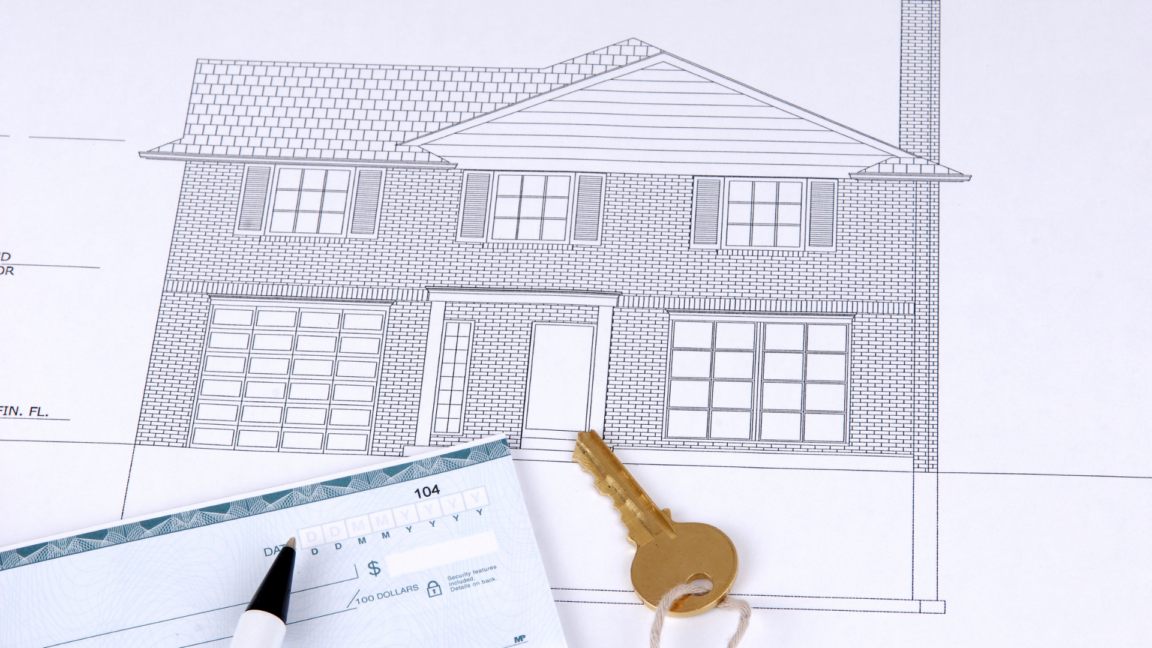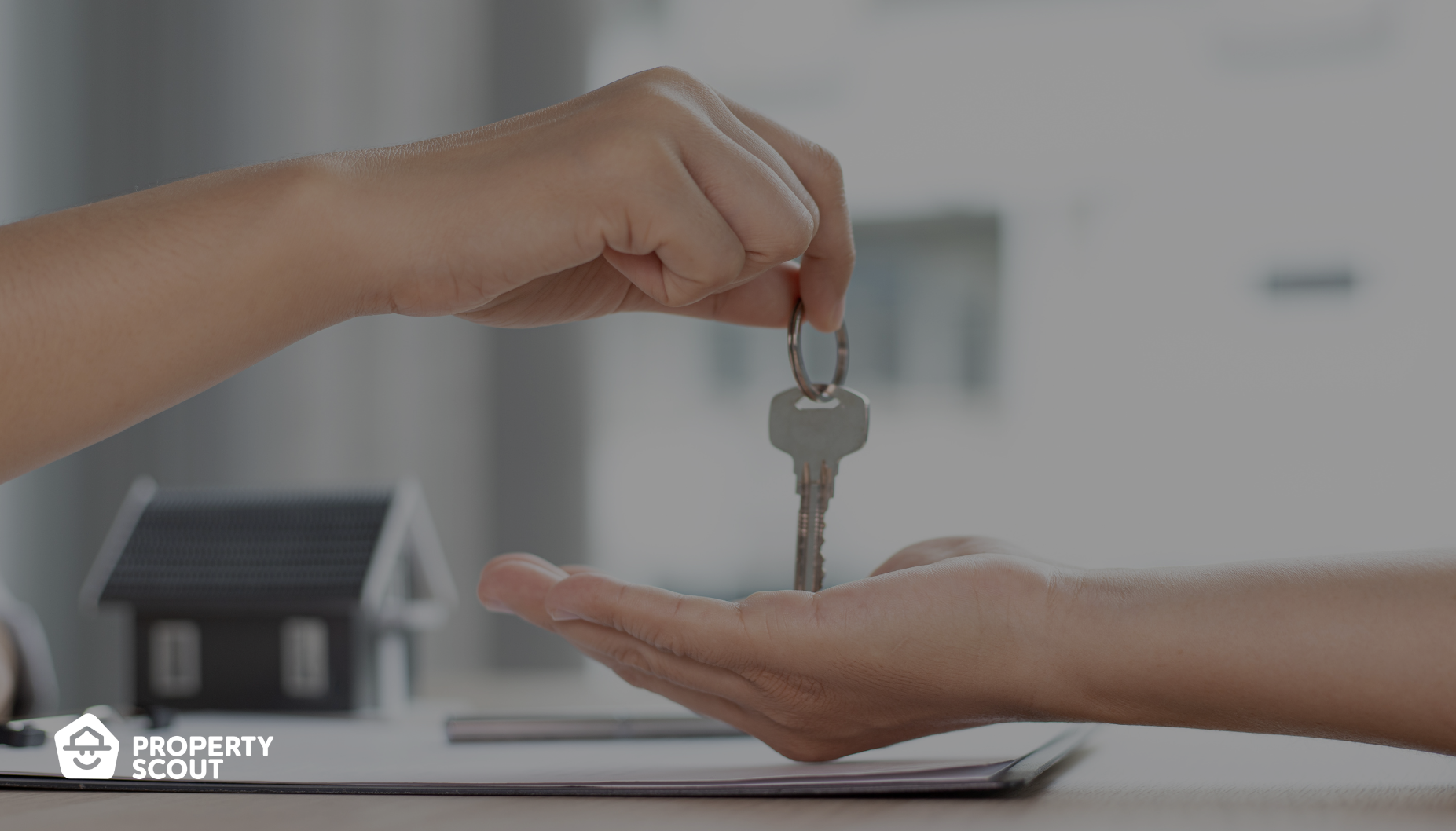In Short
Advice
Thinking about real estate investment and considering expanding your portfolio or purchasing two houses at once? The prospect of financing two properties simultaneously can raise some doubts, particularly if you still have an existing mortgage. In this blog post, PropertyScout offers valuable insights and guidance to shed light on the feasibility of dual home financing and securing necessary loans.
Is it possible to finance TWO houses?

Is it possible to have two mortgages at the same time? While it is feasible, it depends on the specific conditions set by the bank. Typically, most banks allow a single borrower to finance around three properties, including houses, townhomes, or condos. Here are the details to consider.
Example
| House Price | Contracts | Minimum Down Payment |
| Below 10M baht | Contract 1 | Full loan amount is available based on the collateral's value (+top-up not exceeding 10%) |
| - | Contract 2 | 10% top-up available for those who have been repaying the first contract for at least 2 years |
| - | Contract 3 Onwards | 20% top-up available for those who have been repaying the first contract for less than 2 years (previously set at a 3-year duration) |
| 10M baht and above | Contract 1 | 10% (previously set at a minimum down payment of 20%) |
| - | Contract 2 | 20% |
| - | Contract 3 Onwards | 30% |
How to finance two homes simultaneously
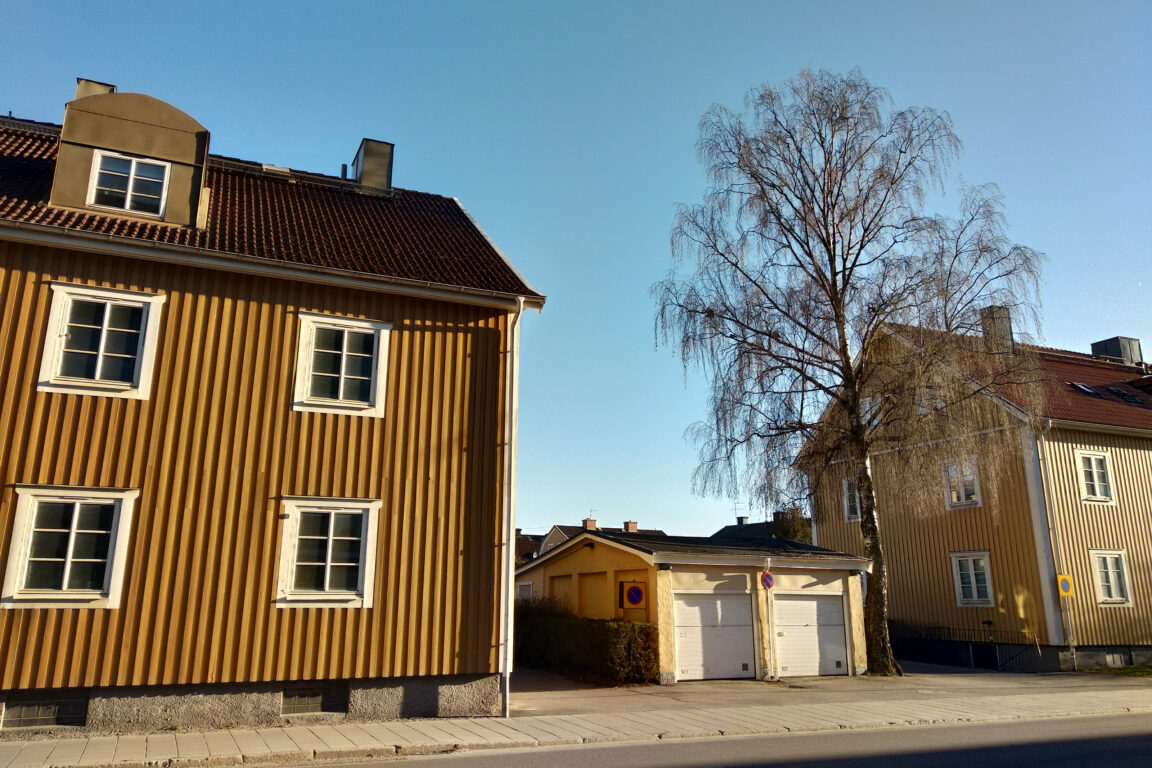
If you plan to finance two houses simultaneously, the key steps for applying for a mortgage with the bank are not significantly different. Borrowers must be well-prepared with the necessary documents, including identification, financial capability proofs, employment verification, and various income-related evidence, such as payslips and work certificates. Additionally, documentation regarding the details of the property to be financed must be provided.
In addition to financial preparation, it is essential to be financially ready since mortgage approval considers income and deducts existing debts to assess the monthly repayment capacity. Once all these aspects are accurate and complete, obtaining approval for a second home mortgage becomes a definite possibility.
Tips for Financing two houses simultaneously

Examine if you have any debt carried over from your first house
Description: While it may be possible to apply for multiple home loans, getting approval to finance two houses simultaneously is no easy task. First and foremost, you should examine the remaining debt of your first home, how much is left to repay to the bank, and the remaining repayment period. This will help you understand the expenses and calculate the total repayment duration.
If you plan to handle two mortgages and the outstanding debt is not too high, it is advisable to settle or pay off the old debt before applying for a second home loan. This prevents taking on excessive debt burden and simplifies the process of meeting the criteria set by the bank for a second home loan application. Moreover, it increases your chances of obtaining a higher loan amount for the second property.
Consider your Financial Readiness and Plan Correctly
Checking your financial readiness and thorough planning are essential, especially for those who have prior experience with buying their first home. Being well-aware of the significance of financial planning becomes even more crucial when undertaking the challenge of financing two houses. The bank's scrutiny intensifies, making it vital to assess your financial stability and plan meticulously to avoid falling into debt traps in the future.
Once you've made a preliminary assessment of your readiness, remember to include other existing expenses you are currently managing, such as car payments, credit card bills, and other miscellaneous costs. If your total expenses amount to over 40% of your income, even with a high income, it might be necessary to put the plan for financing two houses on hold for now.
Refinancing for Lower Payments
Refinancing allows homeowners to request a reduction in home loan interest rates from one bank to another, making it possible to secure a lower interest rate. This option becomes available once you have completed at least 3 years of mortgage payments or based on the conditions set by the bank. Refinancing is a valuable method to decrease the financial burden of paying off your initial home loan before considering a second home loan application.
Example
If you borrow 3 million for a house at an interest rate of 5% per year, your monthly installment would be approximately 17,200 Baht. However, by refinancing at a reduced interest rate of 4% per year, your monthly payment would decrease to 15,200 Baht. Despite the 1% decrease in interest rate, you can observe a significant reduction in debt burden by 2,000 Baht per month.
Seek a Co-Borrower
After securing a mortgage for your first home, you might find that the burden of purchasing a second property becomes overwhelming when considering your reduced repayment capacity after deducting the existing debt of the first home. Fearing the weight of taking on excessive debt or potential bank disapproval, seeking a joint borrower can be a viable solution.
The bank will assess the combined monthly income and existing debts, including credit history, to determine the repayment capacity of both borrowers. It's crucial to carefully study the terms and conditions of various banks since they may differ. Once approved, both primary and joint borrowers become co-debtors, sharing the responsibility for the loan.
What to do next

The ultimate key goal for financing two houses simultaneously is to repay them as quickly as possible, which can be achieved through the following methods:
Pay Extra in every Installment
The most crucial target for financing two houses simultaneously is to pay off the mortgages as quickly as possible. Typically, each installment payment includes both principal and interest, with interest taking up a significant portion. To address this, consider paying an additional 10-20% or more on top of each installment. The surplus amount will be deducted from the principal, effectively speeding up the repayment process for both homes.
Pay Extra Annually
For those who find it challenging to pay more each installment, an alternative is to opt for additional annual payments. Instead of the usual 12 installments per year, consider making 13 payments annually. Although the increment may not be a substantial amount, it helps in reducing the principal amount over time. This approach enables borrowers to lessen the burden without putting excessive strain on their finances.
Seize the Chance to Make Extra Payments
Especially during the initial 3 years of mortgage repayment, banks often offer relatively low-interest rates as part of their terms or promotions. Home loans typically follow an amortization schedule, where both the principal and interest decrease over time. Utilizing the opportunity to make additional payments during this period can significantly reduce both the principal and interest, helping borrowers pay off their mortgages more efficiently.
Debt Restructuring
Refinancing with a new bank that offers lower home loan interest rates can help improve financial flexibility for individuals financing two houses or refinancing with their existing bank. This option is suitable for borrowers with a good repayment history, as banks are more likely to consider reducing the home loan interest rates, making the process of adjusting the repayment terms more accessible.
Closing Comments
Venturing into the realm of financing two houses simultaneously is no small feat, as it entails substantial long-term commitments and financial complexities. PropertyScout recommends that those exploring this option should demonstrate strong financial discipline, steer clear of unnecessary debts, and embrace prudent planning for unforeseen circumstances. It's crucial to account for potential scenarios like salary reductions, job insecurity, or termination that might affect their capacity to manage repayments for both properties effectively.
Looking for a peaceful, decently-priced house for residential or investment purposes? Click the links below to check out our expansive selection of over 270,000 properties throughout Thailand and make your dream haven a reality!
FAQs
Lorem ipsum dolor sit amet, consectetur adipiscing elit. Suspendisse varius enim in eros elementum tristique.
Explore More Topics
Free real estate resources and tips on how to capitalise
